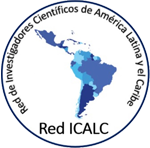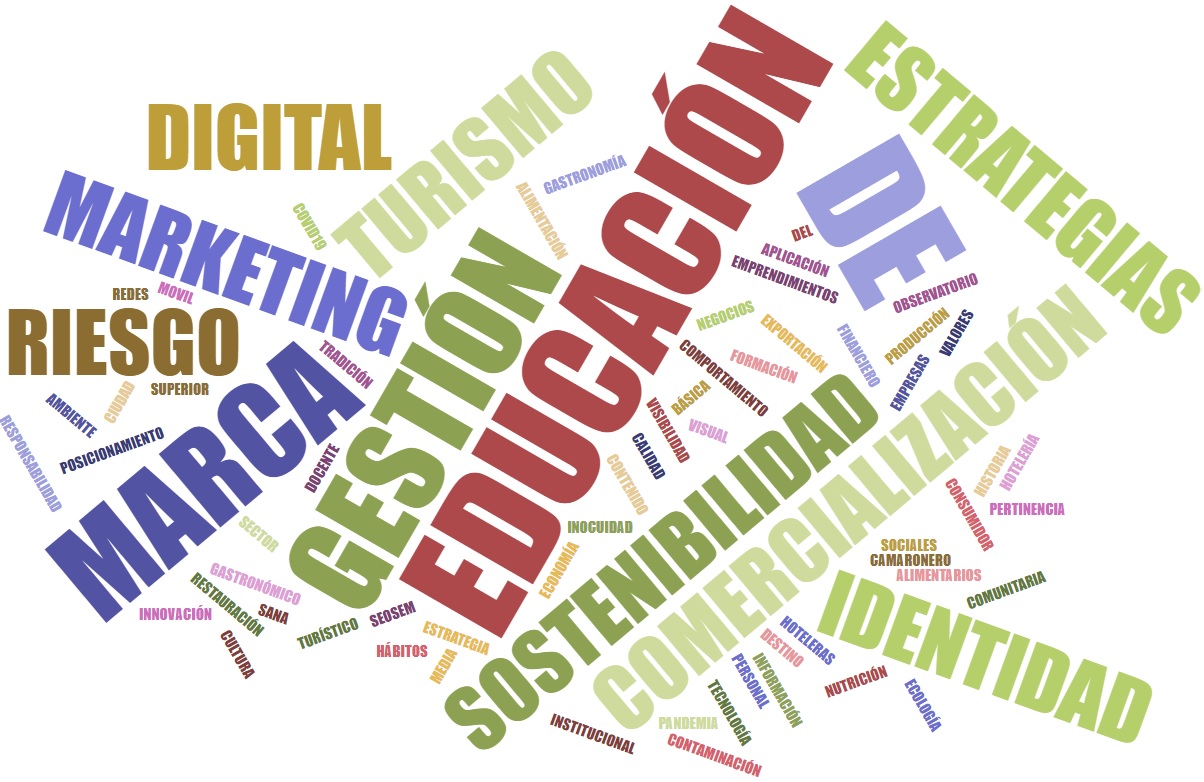Second Language Acquisition and Mother Tongue Influence on Learners of English Language – A Case Study of El Carmen, Ecuador.
Keywords:
Influence,, Learning, Replacement,, Foreign language, Mother tongue.Abstract
English language as a means of communication has globally gained ground in almost every sphere of life and society and, as such, has converted to an important language worldwide. The aim of this research work is basically to analyse mother tongue influence (MTI) on the learning of a second language through bibliographical and observational means, and the role it plays on students in El Carmen, whose mother tongue (L1) is Spanish in the process of the learning of English (L2) as a foreign language. A qualitative investigation method permitted the analysis of the oral production of the sample size and relevant bibliography that are related to the topic. The results obtained clearly demonstrated that L1 has influence on the learning of L2. A list of English words were taken into account to show how the Spanish language affects their pronunciation, and also phrases with regards to the use and application of grammatical rules in both languages. In conclusion, with exposure to audio-visual and written materials in the L2, practice of speaking and correcting mistakes, they gradually learn to replace the L1 sounds and grammar issues with the original sounds and grammar rules of the L2 that they have chosen to learn, in this case, English as a foreign language.
Downloads
References
Brown, H. D. (2000). Principles of language learning and teaching (Vol. 4). Longman New York.
Cuartas, F. L. A. (2014). Selective Use of the Mother Tongue to Enhance Students’ English Learning Processes...Beyond the Same Assumptions. Profile Issues in Teachers` Professional Development, 16(1), 137–151. https://doi.org/10.15446/PROFILE.V16N1.38661
Cummins, J. (1979). Linguistic Interdependence and the Educational Development of Bilingual Children. Http://Dx.Doi.Org/10.3102/00346543049002222, 49(2), 222–251. https://doi.org/10.3102/00346543049002222
García, R. E. (2013). English as an International Language: A Review of the Literature. Colombian Applied Linguistics Journal, 15(1), 113–126. http://www.scielo.org.co/scielo.php?script=sci_arttext&pid=S0123-46412013000100008&lng=en&nrm=iso&tlng=en
Gooding, F. A. (2020). Approaches to Second Language Learning: Expectation in English Language Proficiency. Orbis Cognita, 4(1), 1–11.
Isabelli, C., & Slough, R. (2012). Acquisition of the non-generic definite article by Spanish learners of English as a foreign language. Onomázein. https://digitalcommons.iwu.edu/hispstu_scholarship/19
Schweers, W. J. (1999). Using L1 in the L2 classroom. English Teaching Forum, 37(2), 6–9.
Langston, W., Tillman, R., & Louwerse, M. (2013). Attribution of responsibility by Spanish and English speakers: How native language affects our social judgments. Revista Signos, 46(83), 408–422.
Larsen-Freeman, D. (2000). Techniques and principles in language teaching. Oxford University.
Manjula, R. (2022). 2021-Mother tongue Influence in English Pronunciation-Problems of Learnig English As a second language in India.
Meneses Benavides, G. A. (2011). Common difficulties observed in abstracts written in english by people having spanish as mother tongue. Revista Escuela de Administración de Negocios, 70, 78–86.
Meyer, H. (2008). The pedagogical implications of L1 use in the L2 classroom. Maebashi Kyoai Gakuen College Ronsyu, 8(147–159).
Moreira-Aguayo, P. Y., & Venegas-Loor, L. V. (2020). Desarrollo de competencias comunicativas del idioma inglés. Domino de Las Ciencias, 6(4), 1292–1303.
Ochagu, K. A., & Agban, J. O. (2022). Influence of Mother-Tongue On English Language Use Selected Mother-Tongue Factors Affecting English Language Usage, A Case Study of Ikom Local Government Area. https://www.eajournals.org/
Oxford_Advanced_Learner_s_Dictionary_of (Vol. 9). (2015).
Phindane, P. (2020). The Influence of Mother Tongue in Second Language Learning in Primary School. Education and New Developments, 380.
Ranta, L. (2002). The role of learners’ language analytic ability. Individual Differences and Instructed Language Learning, 2, 159.
Robinson, C. (2015). Languages in adult literacy: policies and practices during the 15 years of EFA (2000-2015). Background Paper for EFA Global Monitoring Report.
Sriphaba, M. (2015). A study on mother tongue influence in English communication. International Journal of English Literature and Culture, 3(11), 296–300.
Vásquez Carranza, L. M. (2009). Cross-linguistic influence in the syntactic domain in simultaneous language acquisition: evidence from extraction constructions involving the object of a preposition in the speech of an English-Spanish bilingual child. Revista Káñina, 33(1), 85–105.
Vivanco, V. (2009). Aproximación holística versus aproximación comunicativa en la evaluación de la producción oral en inglés. RELIEVE - Revista Electrónica de Investigación y Evaluación Educativa, 15(2). https://doi.org/10.7203/RELIEVE.15.2.4157
Zambrano, L. C. (2001). Aplicación del enfoque comunicativo a la enseñanza-aprendizaje del inglés en los establecimientos de secundaria en Neiva. Revista Entornos, 2(14), 27–32. https://doi.org/https://doi.org/10.25054/01247905.364



































